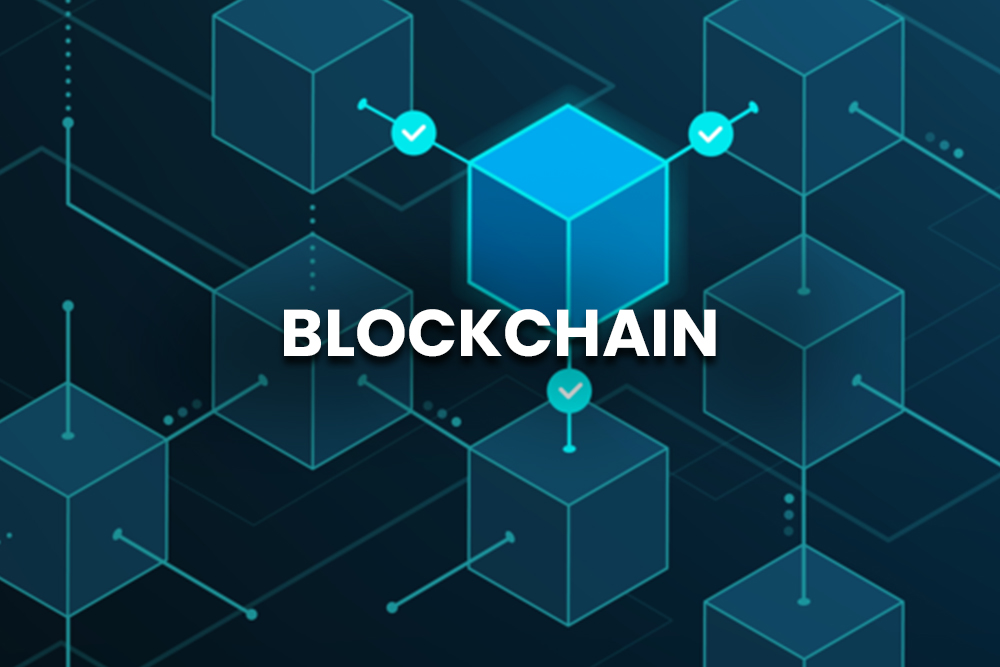
Blockchain
A blockchain represents a transparent and decentralized way of recording transactions, both financial and non-financial. Technically, a blockchain is a distributed database of records or public ledger of all transactions or digital events executed and shared among participants. One of the key characteristics of blockchain is this decentralized nature, which can be attributed to the peer-to-peer networks that support it. Each transaction is verified by a community – miners work either together or individually to verify the transactions and create a record of those transactions, obviating the need for an institution (such as a bank) to perform this function.
Blockchain is not only associated with digital assets. The financial services industry also uses blockchain for authentication purposes or for digital identification. Blockchain can be successfully applied to non-financial applications too. We’ve seen the blockchain employed during the pandemic, particularly in the area of distribution of vaccine authentication. In the US, the State of Illinois has its own Blockchain initiative to use blockchain to enhance storage and security around birth or death certificates, social security numbers, and voter registration cards. The underlying technology of blockchain allows for its many applications because it doesn’t require a third party, making it easier for people to secure data and reduce fees of traditional services such as notarization fees and cloud storage costs.
Blockchain essentially cuts out the middleman, which in traditional financial services are institutions that verified or otherwise brokered transactions. “Cutting out the middleman” is not something the traditional financial services industry is comfortable with – or more importantly, that regulators fully understand. Regulatory mindsets focus on how to protect the market and the underlying consumer or investor. If there’s no middleman, there’s no stopgap, no single company to go to fix the problem or stop the problem when the market needs intervention.
Now, policymakers must determine how best to protect markets and people in a system without traditional intermediaries. That’s where Rulon White’s expertise and experience can deliver policy and regulation results.
Todd White, Managing Partner, just this past year launched a blockchain PAC to foster the next generation of innovators, who will be creating blockchain constructs that will drastically reduce cybersecurity hazards and that will infuse trillions into America’s economy (Bios at: TODD WHITE)
